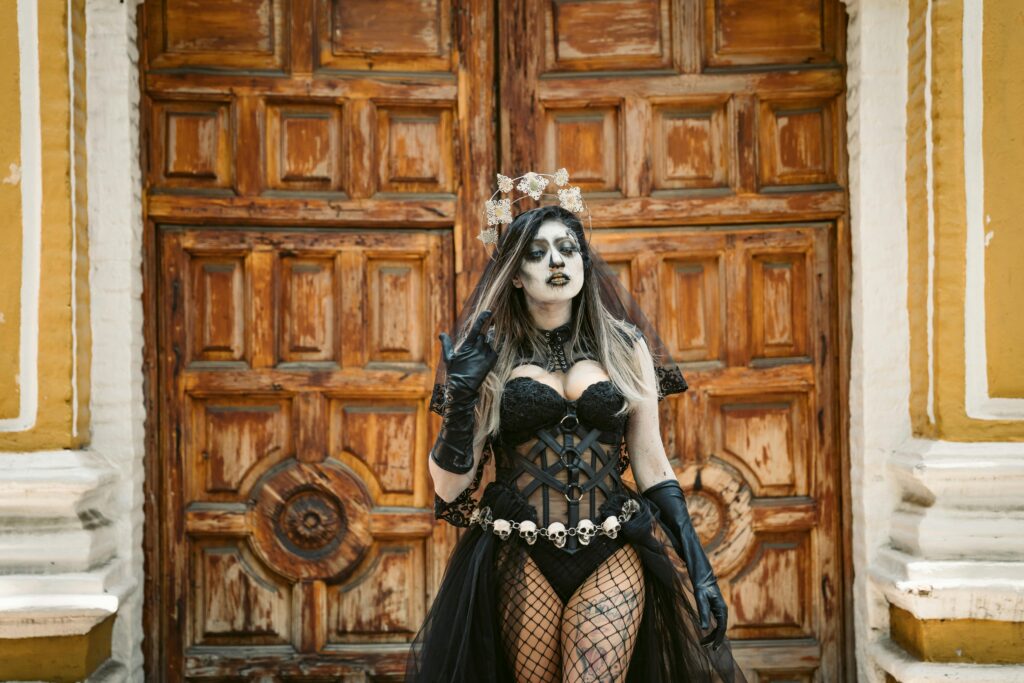Culture is something that affects the life of every human being, whether one accepts it or not. When one says culture definition, many people think of different languages, festivals, food or even art. But culture is not just this; it is a complex and dynamic aspect according to human understanding. In this article, we will try to understand what is the definition of culture and how important it is in our lives.
Culture Definition: A Perspective for Understanding
In simplest words, culture definition means the way of living of the people of a society or group. It is a combination of beliefs, values, customs, traditions, and practices that make one society distinct from the other. Culture is transferred from one generation to the other and its impact falls on different aspects of every human being’s life, like their behavior, way of thinking, and their identity.
According to anthropology, culture definition can be divided into material and nonmaterial culture:
- Material Culture: Physical things such as clothing, buildings, tools, and art that reflect a society’s ideas and values.
- Non-Material Culture: Abstract ideas such as language, religion, beliefs, values, and norms that influence the behavior of a society and the lives of individuals.
Origin and development of culture
The origin of culture is believed to be from the beginning of human civilization. It includes both the living and the sharing of people. When people started living together, they shared their life experiences and then culture developed. Communication and invention of language play a significant role in the evolution of culture. Due to this sharing and learning process, culture definition becomes dynamic and keeps evolving with time.
For example, agriculture was an important aspect in ancient times and festivals and traditions developed around it. In today’s digital era, technology and innovation redefine culture.
Role of culture in human life
The role of culture is very deep in a person’s life. It not only connects people of a society, but also shapes their identity and self-awareness. Below we discuss some key roles of culture:
- Identity Creation:
Culture connects a person with his roots and history. Culture definition provides a person his identity through the beliefs and practices of a society. - Moral Guidance:
Culture teaches people about moral values and ethics. It tells us what is right and what is wrong. For example, in Indian culture, respecting elders is a common practice that promotes social values. - Social Harmony:
Culture has an important role in maintaining social harmony among people. Common traditions and rituals create a feeling of unity and respect among people. - Adaptation And Survival:
Culture is also a survival tool. Every society adapts according to its environment. Just like people in desert areas develop clothing and food preferences according to their climate. - Creative Expression:
Culture gives people a platform to express their creativity and ideas. Art, music, dance, and literature are creative aspects of culture that represent human emotions and thoughts. - Economic Development:
Culture also has an impact on the economy. Cultural aspects such as tourism, handicrafts, and festivals boost the economy of a region. For example, Rajasthan’s cultural festivals and traditional attires are a major part of its economy.
Culture Ki Dynamic Nature
Culture definition It is not a static concept. As the influence of globalization and technology is increasing in the world, culture is also evolving. Now the concept of hybrid cultures is becoming popular, in which traditions and practices of different societies merge together.
For instance, Indian weddings are now adopting western trends like destination weddings and pre-wedding shoots. This gives birth to a new kind of cultural identity which is a mix of traditional and modern values.
Cultural Differences And Unity
Every region of the world has its own unique culture, which on one hand creates differences, but on the other hand is an example of diversity and beauty. The culture of every person defines his identity, but at the core, we all are the same in human values and emotions.
Conclusion
In simplest words, culture definition is the sum total of beliefs, practices, and traditions of a society. The way people live and whatever they see around them becomes the culture of those people which makes the life of people better. This forms the identity of a person.
In today’s globalized and fast-changing world, culture acts as a bridge in which people live in perfect harmony with God and their surroundings which maintains a connection between traditional and modern values. It is important for every individual to understand his/her culture and respect his/her heritage because that is what makes us unique. Understand it more and learn ways to live well.
Read More…..Motivational thoughts that can change your life!
Read More….Perfect Maldives Honeymoon Package Under Your Budget



